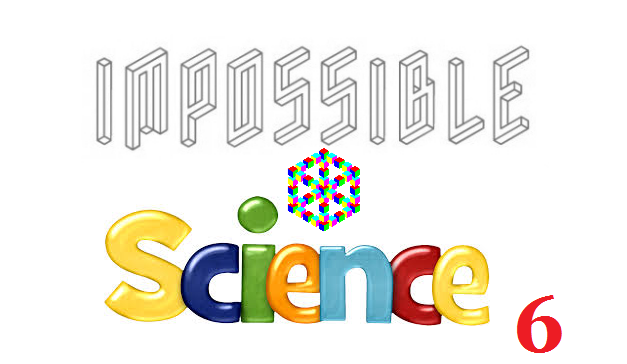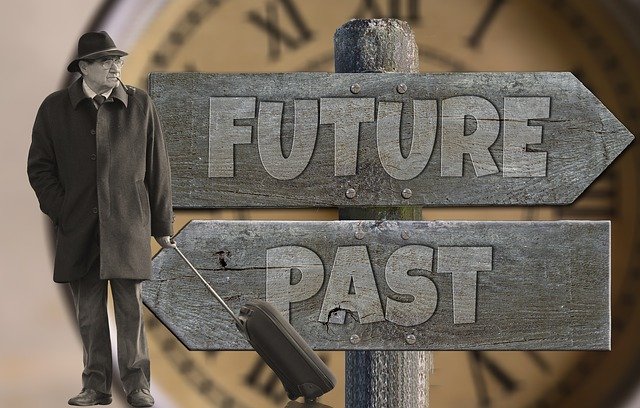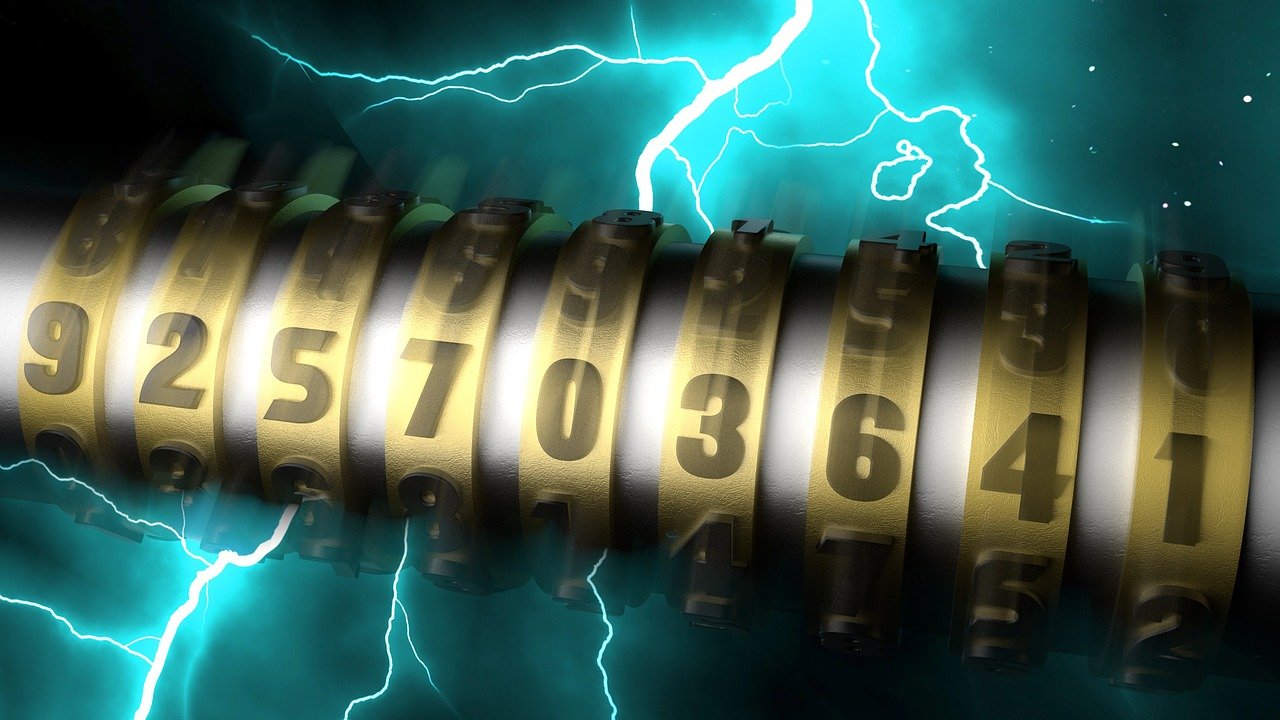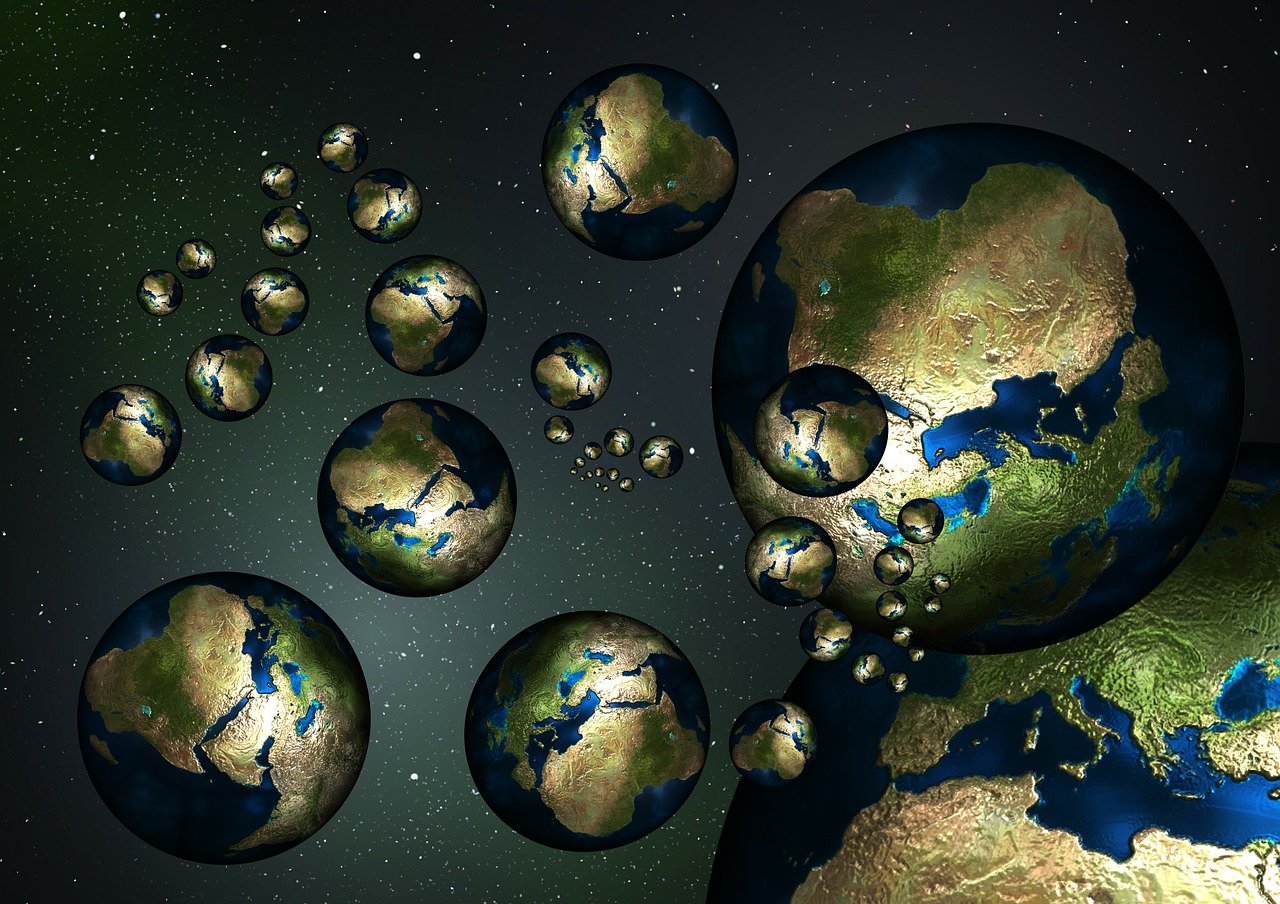IMPOSSIBLE TIME TRAVEL

Impossible Science #1, #2,#3,#4,#5,#6
Time travel into the future is relative-ly easy. Time travel into the past, however, is impossible. The root problem, a causal loop, is a chain of cause and effect that forms a closed circle. These are demonstrated in the grandfather paradox and the telegraph paradox. The paradoxes of time travel are so fundamental that most physicists consider time travel as a near-absolute impossibility. Yet science fiction writers and a few creative physicists have proposed ways to avoid the paradoxes of time travel. Let's explore some of the impossibilities of time travel.

The arrow of time is given by the second law of thermodynamics , differentiating past and future. The future is the direction of higher entropy. This arrow of time is probably related to our sense of time (our psychological arrow). Memories are formed by a biochemical process that increases entropy. Our memories record only the past, not the future. As we learned in part #5 our ability to predict the future of a chaotic system is limited; long-term prediction is impossible.

Time travel into the future is possible. There are several well-known methods. Biological stasis or hibernation may be a workaround, but is not technically changing the normal flow of time just sleeping through it. When considering actual time travel to the future at least 2 possibilities involve relativity. Travel at near light speed or occupying a high gravity field such as parking your spaceship next to a black hole.

Time travel into the past is impossible. The grandfather paradox and the telegraph paradox are common ideas from science fiction that describe why neither people nor information can travel to the past. Physicists call this problem a causal loop because it breaks the chain of cause and effect.
The only way around these paradoxes is to assume either that we would not be free to use a time machine as we wished, or we would not be able to act as we wished if we used it—that is, free will is an illusion. It is simpler to assume that the laws of nature are such that a time machine can never be built.

These paradoxes assume that only one thing can happen from an action: shoot or do not shoot, send a “yes” message or send a “no” message. What if both things happen? This idea is sometimes called many-branching time. When we create a paradox, we are actually experiencing or communicating with a different branch of time where events occurred differently. Time-branching theory has similarities to a major school of quantum theory, the many-worlds interpretation, but we cannot say that quantum theory allows time machines to exist.

The arguments against the possibility of time travel are very strong, but we use the impossibility of time machines as a basis for thinking about time, information, and cause and effect.
Questions to Answer in Comments:
Time travel is a very common theme in films and TV shows. How do they approach paradoxes?
What is the role of free will in the thought experiments leading to various time-travel paradoxes?
Impossible Science
#1 - THREE TYPES OF IMPOSSIBLE
#2 - ALMOST IMPOSSIBLE
#3 - ABSOLUTE ZERO IMPOSSIBLE
#4 - IMPOSSIBLE PERPETUAL MOTION
#5 - CHAOS MAKES PREDICTING THE FUTURE IMPOSSIBLE
#6 - IMPOSSIBLE TIME TRAVEL
photos credit pixabay
